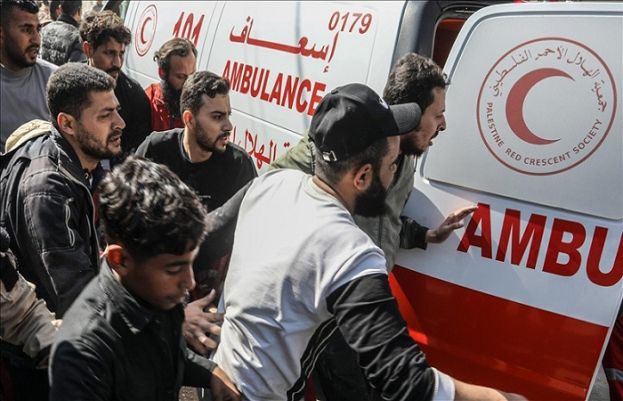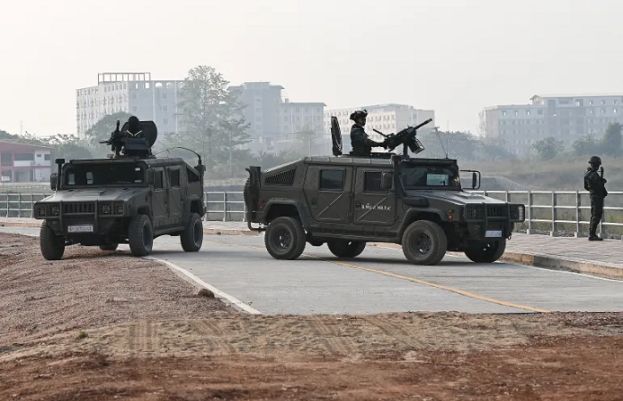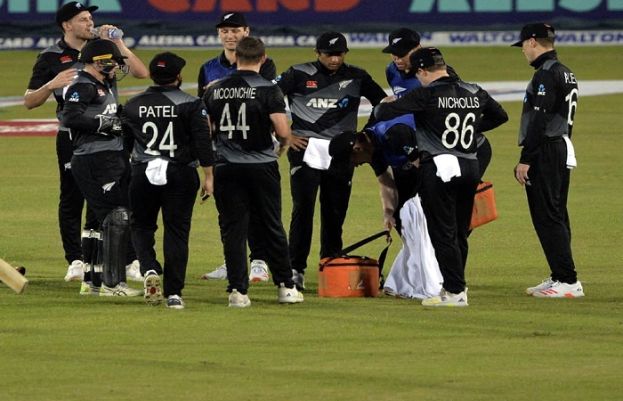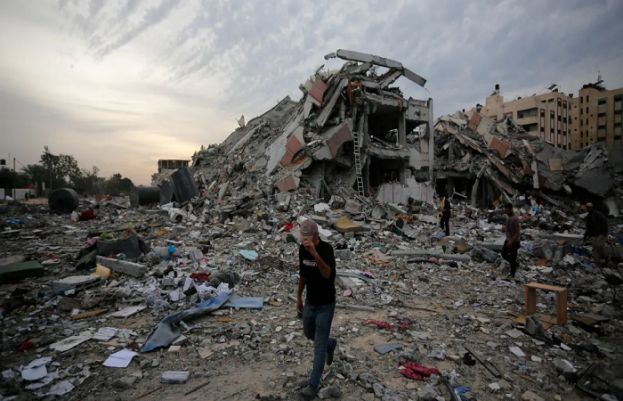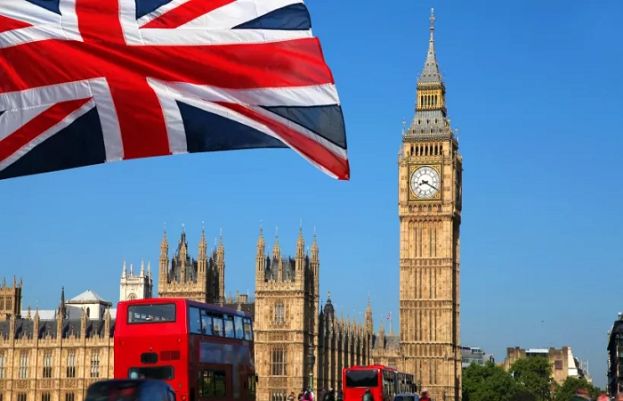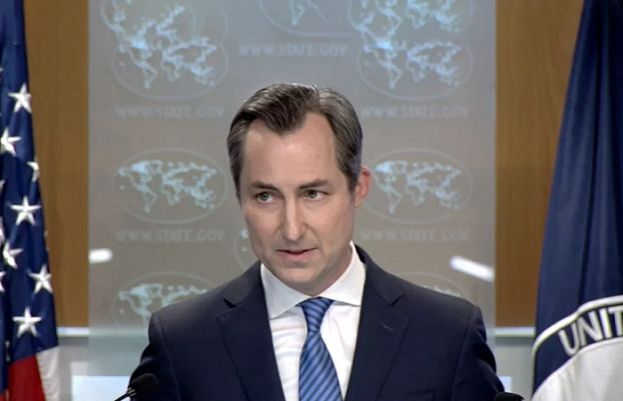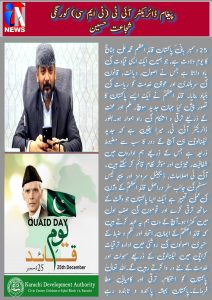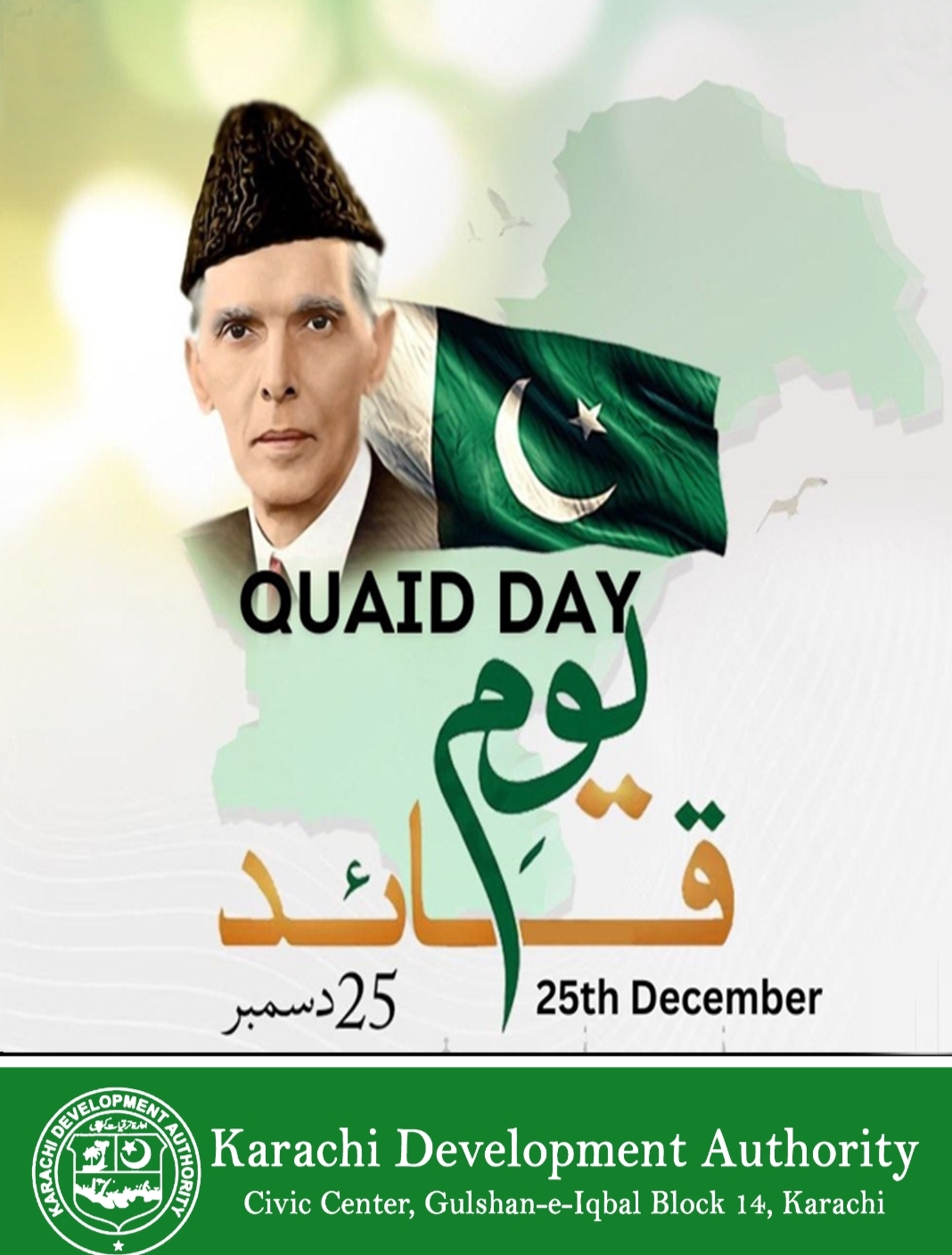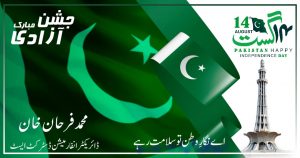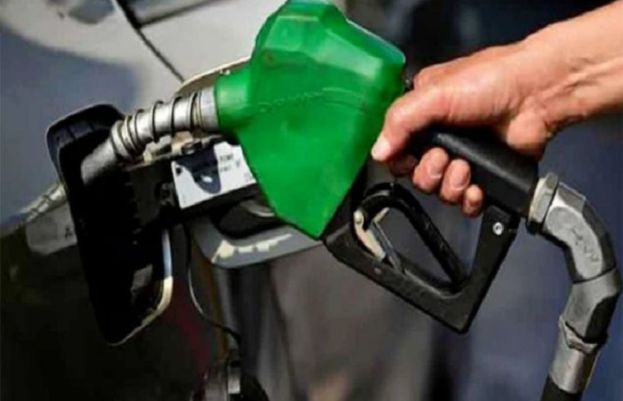
However, if the authorities gave in to the IMF demands petrol price may increase by up to Rs50 per litre.
The prices will rise due to the premium on petrol having gone up from $12.15 per barrel to $13.50 with a $1.45 per barrel increment and a change in the inland freight margin.
Ahead of Eid-ul-Fitr, the price will rise from Rs 279.75 to Rs 289.75 per liter.
Premium on petrol is the money suppliers charge above the market price. Until recently it was $6 per barrel.
There will be a slight decrease in high-speed diesel (HSD) by Rs1.30 per liter. The premium for HSD is $6.50 per barrel.
The prices of kerosene oil and light diesel oil, at Rs188.66 per liter and Rs168.18 per liter, respectively, will remain unchanged.
However, if the government decides to impose 18 percent GST, the price will increase up to Rs 50 per liter for petrol.
Reports say the International Monetary Fund (IMF) has demanded Pakistan reintroduce GST at the standard rate of 18%.
Imran Khan reduced GST on petrol to zero percent in early 2022 shortly before he was ousted by a no trust vote. Subsequent governments have not changed the rate.
The government, however, collects a petroleum levy (PL) of Rs 60 per liter and custom duty at 10 percent.
The Oil and Gas Regulatory Authority (OGRA) will propose new petroleum prices on March 31, 2024, and the prices will be notified by the government on the same day.
Based on recent consumption, 18 percent of sales taxes, the estimated revenue could be between Rs21 billion to 25 billion per month.



